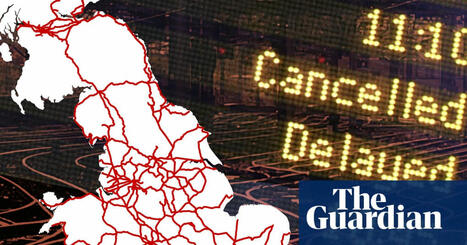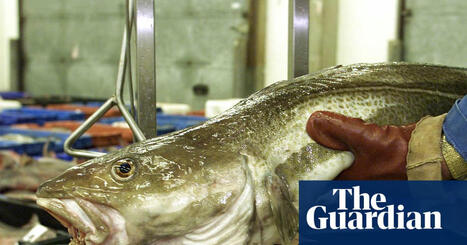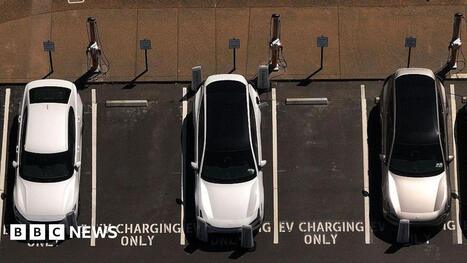Renewable energy overtook coal as the world's leading source of electricity in the first half of this year - a historic first, according to new data from the global energy think tank Ember. Electricity demand has grown around the world but the growth in solar and wind was so strong it met 100% of the extra electricity demand.
However, Ember said the headlines mask a mixed global picture. Developing countries, especially China, led the clean energy charge but richer nations including the US and EU relied more than before on planet-warming fossil fuels for electricity generation.






 Your new post is loading...
Your new post is loading...




























Is the journey towards the mass production electric car in danger of being parked? Tesla are proposing to lay off nearly one in ten on their workforce, suggesting that the company is inefficient.
However, is this a fixed cost or a variable cost? And what effect would you expect this to have on productivity? And what about the profitability of the company? Lots of possible areas of interest - which makes for good economics in my book.